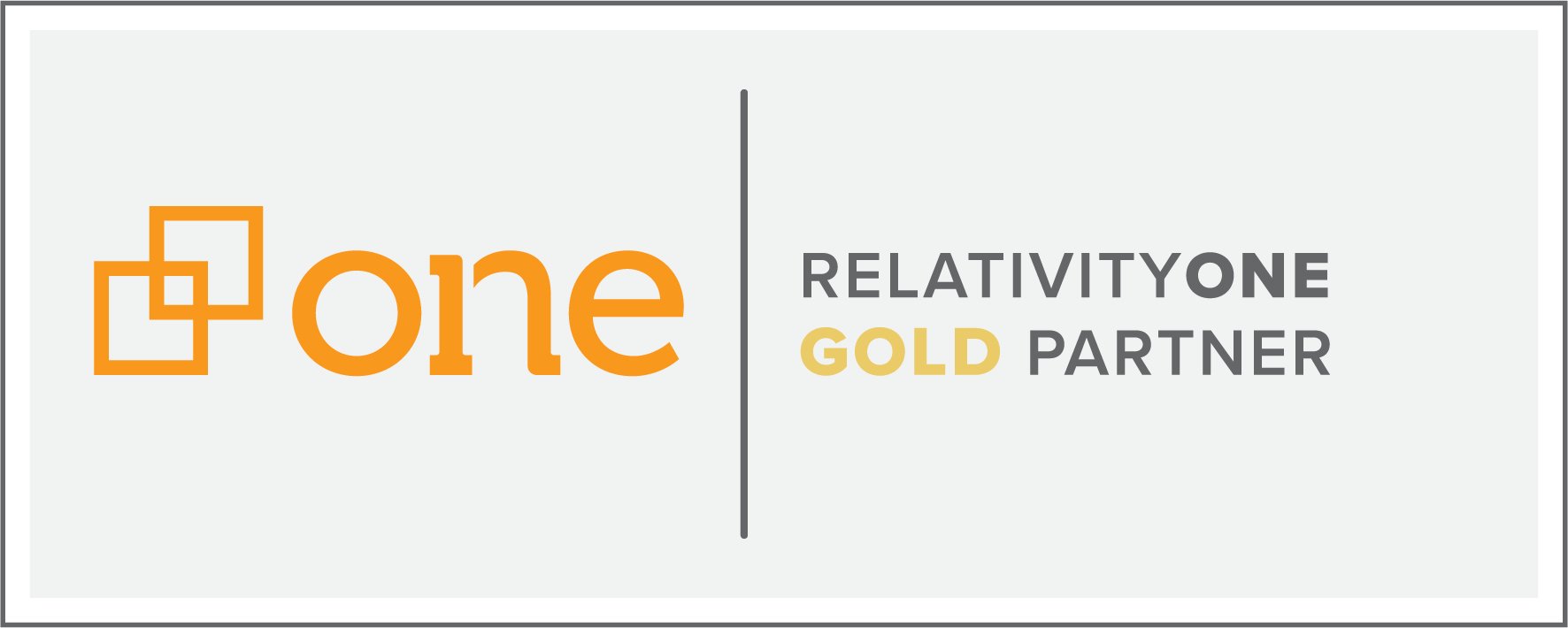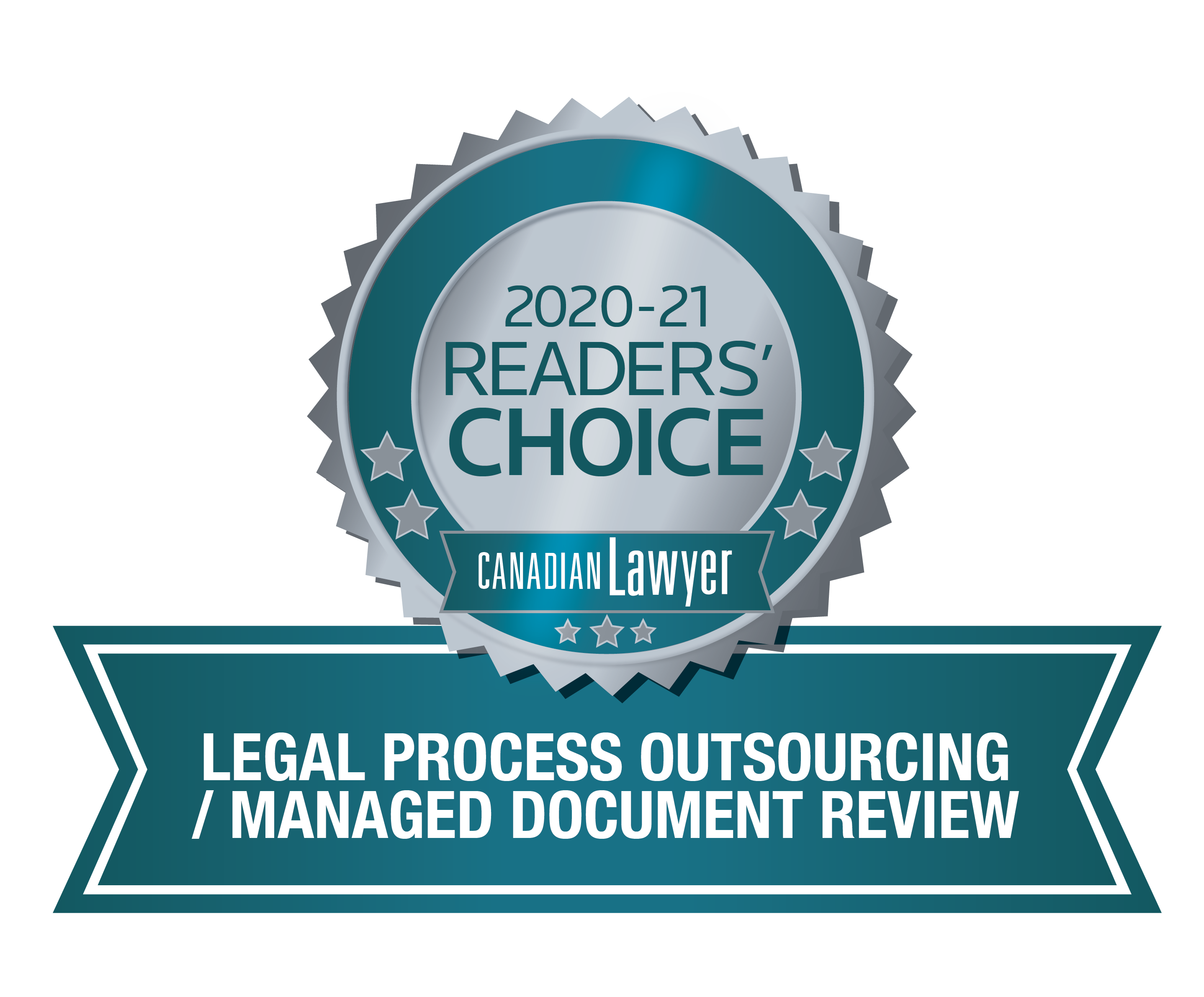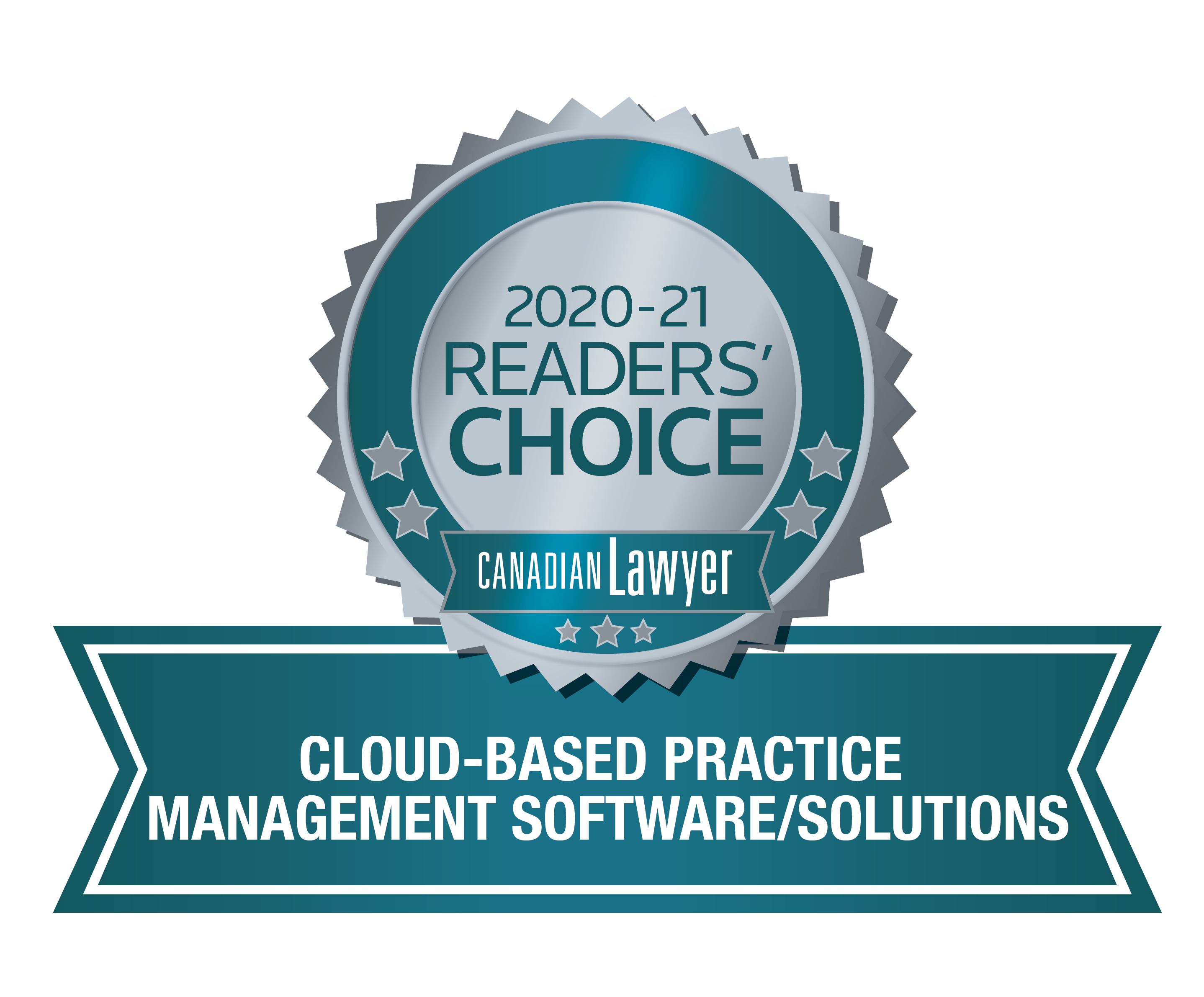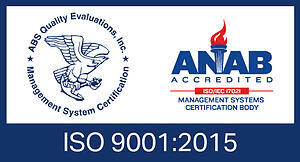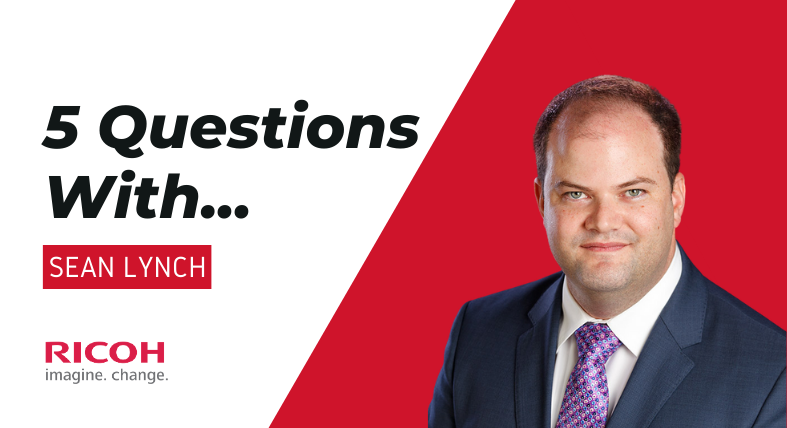
We recently spoke with Sean Lynch, Director of Legal and Compliance Solutions, about his role in leading Ricoh Canada’s customer success and emerging technology solutions. With a decade of litigation and eDiscovery expertise, including extensive document review experience, Sean shares his insights on the current eDiscovery landscape, his clients’ biggest challenges and what he’s most looking forward to in the future of legal tech.
1. Tell us about how you got to where you are now.
Initially, I started as litigator. I finished articling for a large Canadian law firm in 2010, as the financial crisis was reshaping law firms on Bay Street. Few positions were available at the time, so I decided to move to Dublin where my husband was in medical school. I attended Trinity College where I completed my Master of Laws degree in constitutional law and international cross-border litigation.
When I came back to Canada, I began providing document review services as an independent contractor, as many litigators do when in the search for a long-term position at a law firm. I found that I really enjoyed the work and was eventually managing various complex, high-value document review matters for various service providers.
After a few years, I took a permanent position with Ricoh as a Manager in the Legal Solutions group, a position I held for two years until I was promoted to my current role as Director of Legal and Compliance Solutions. Over the years, I’ve moved away from the hands-on review management side of things and have started doing much more business development, client outreach and education — which I really enjoy doing.
2. What are the biggest challenges for your clients?
The biggest challenge that clients have is weaving in the complexities and nuances of eDiscovery into their discovery timelines and strategy. Some lawyers still think of discovery as if it were a paper-based solution or something you have throw a lot of review lawyers on until the job is done. One of my main roles at Ricoh is to help lawyers and companies reconceptualize the process; discovery is now something that needs to be assisted by technology. You’re no longer just getting photocopies of documents someone wrote 30 years ago. You’re getting that, plus all the email communications associated with it, the internal chat messages, the text messages, the laptop hard drives, etc.
Our clients need the right technology to assist not only with collection and storage of potentially relevant documents, but also in determining relevancy of your documents, legal issues associated with them, and whether or not you have everything you’re supposed to have from opposing counsel — all this without spending a fortune to do so. The technology at our disposable, and the expertise my colleagues bring on how to effectively use the technology, can make each of these processes much less cumbersome and costly that they have been in the past.
3. What technology or solution excites you the most about the future?
Automatic privilege identification — that’s one thing that legal review technology has not been able to do very well so far. Traditionally, review lawyers rely on eyes-on review combined with keyword searches to attempt to identify any privileged materials in a review set. What the industry is getting very good at now is semantic analysis, which is essentially the analysis of what the person is trying to say or the underlying meaning, not just what the words in the sentence are. It’s developing an analysis of natural language based on meaning and context.
For example, imagine I am talking to you about talking to internal counsel about certain clauses of a new contract yet I don’t say the lawyer’s name or use key terms we might search such as “lawyer” or “counsel” and simply say something along the lines of “we should have that document looked at closely”. Semantic analysis combined with advanced analytics designed to identify legal concepts is developing to detect this as a potentially privileged discussion that should be reviewed further.
When the technology can get to a point where it can reliably identify potentially privileged material — one of the significant risks associated with large-scale document review — client costs can significantly be reduced.
4. What's next for you in supporting the success of the industry?
It comes down to education and support. Ricoh has always been at the forefront of client education for workflows, processes and technology. It’s important to continue knowledge transfer and dialogue introducing law firms and corporations to the benefits of new technologies, processes and practices.
Previously, the conversation in the industry was that only big firms needed eDiscovery support from an outside vendor. Now, however, technology is less expensive and less cumbersome to access; the industry is seeing a democratization of eDiscovery tool access. I think in light of this, many firms are recognizing the value of eDiscovery tools and support in helping better represent their clients and their clients’ interests.
5. What advice would you have for someone working in the field?
eDiscovery service providers support tools and processes that are designed to be investigative and protective of risk. Using an outside eDiscovery service provider can help assist you in protecting your clients’ interests, ensuring that they get the best representation possible proportionate to their matter. At the end of the day, familiarity with eDiscovery makes for better lawyers, increased access to justice and better client representation; these are things we all, as lawyers, should be striving for. So my advice would be to attend webinars, read up on the latest eDiscovery blogs, talk to services providers and ask questions.
---
Thank you, Sean, for taking the time to speak with us! To view Sean’s past blogs, click here. To get in touch with Sean directly, you can contact him via LinkedIn or email.
You may also be interested in...
.png?width=250&name=5%20Questions%20with...%20Steve%20Matthews%20(2).png)
5 Questions With... Steve Matthews of ActiveNav
ActiveNav develops industry leading file analysis software that enables the discovery, transformation and ongoing control of unstructured data. Steve Matthews, Senior Vice President of Global Accounts, spoke to us about his role leading ActiveNav’s commercial sales efforts.

5 Questions With... Andrew Bowyer of ADB Insights
Andrew Bowyer is the founder of ADB Insights — a Vancouver-based media and consulting company which convenes forums, workshops and digitally-based platforms focused on change in the professional services sector. Andrew spoke to us about his international media career, why he started Canada’s first legal innovation conference, and the biggest challenges he's observed in the Canadian legal sector, which he breaks down into five categories.





